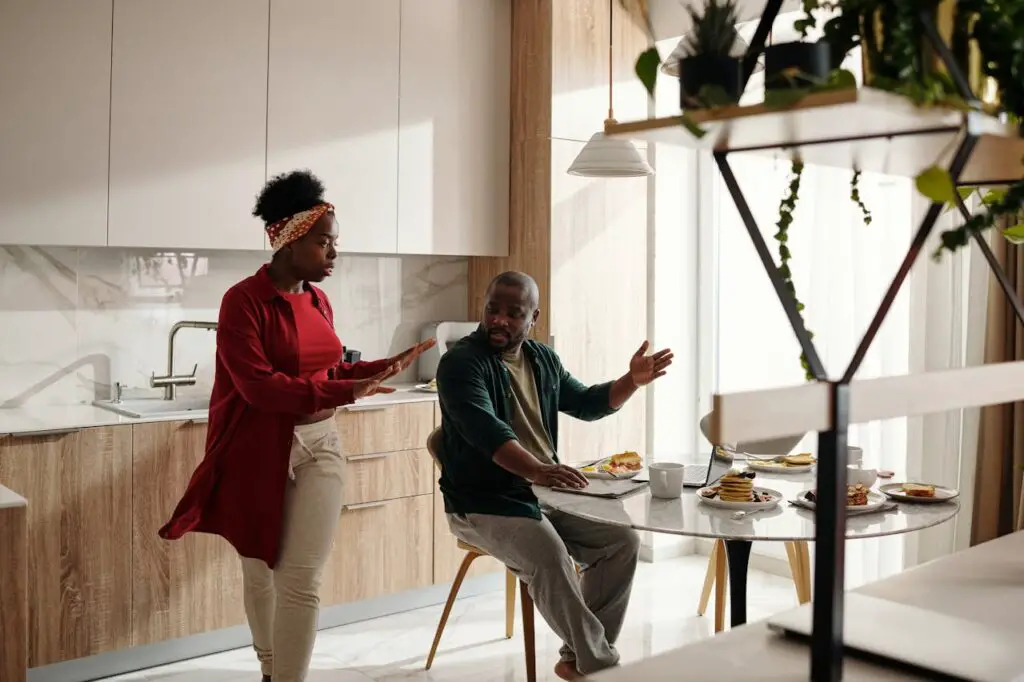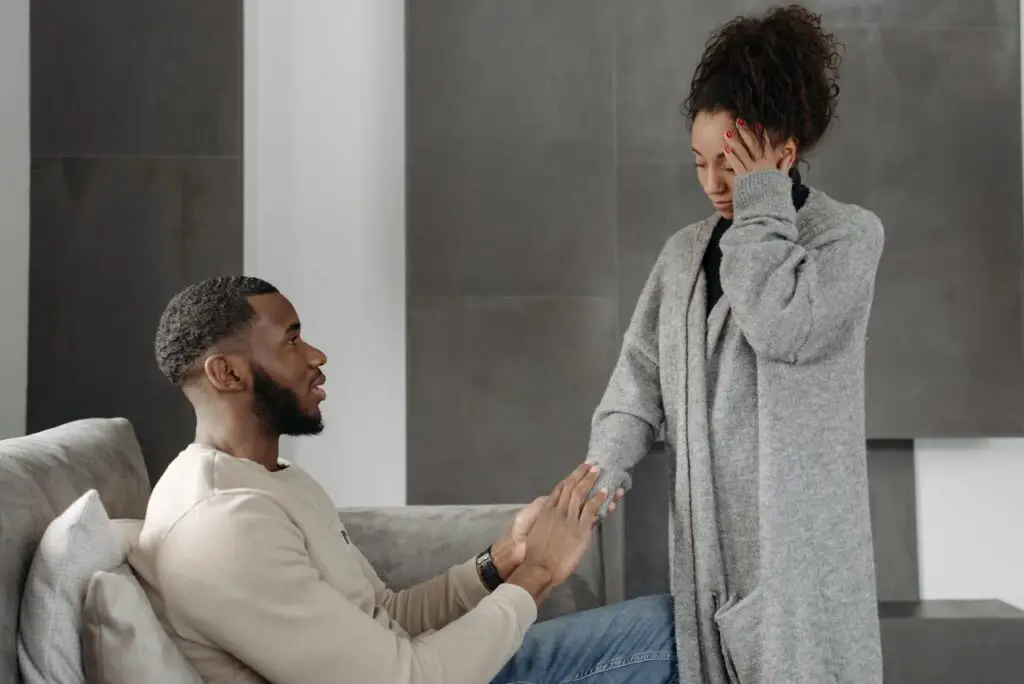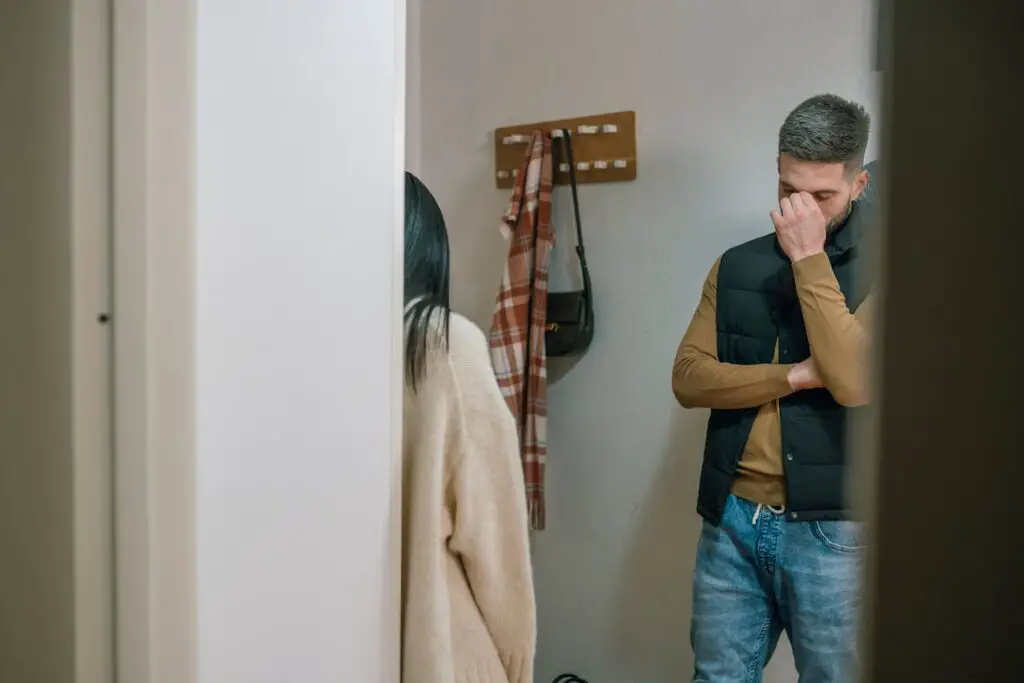9 Surprising Consequences of Settling for Less in a Relationship (and How to Break Free)

As we age, our view on relationships often changes. Many baby boomers are finding themselves navigating love in their 50s, 60s, or even 70s—whether after a divorce, the passing of a partner, or a long stretch of being single. While the desire for companionship is strong, it’s crucial not to confuse comfort with true compatibility. Settling for less in a relationship might seem harmless at first, but over time, it can deeply impact your happiness, health, and sense of self. If you’ve ever wondered, “Is this really all there is?”, this list is for you. Let’s explore nine real-life consequences of settling for less—and why it’s never too late to choose better.
1. You Start Doubting Your Own Worth

One of the first and most subtle consequences of settling is that your self-esteem begins to erode. When you’re in a relationship where your needs are frequently unmet or undervalued, it sends a message—whether intentional or not—that your feelings don’t matter as much. Over time, you might stop expecting more, not because you don’t want it, but because you start believing you don’t deserve it. This inner shift can be quiet but powerful. You might avoid expressing your needs, downplay your dreams, or lose the spark that once defined you. But here’s the reality: age does not diminish your value. If anything, your life experience makes you even more worthy of a partner who truly sees you.
2. Loneliness Creeps In—Even When You’re Together

There’s a particular kind of loneliness that comes from being in a relationship that lacks true connection. You might share a home, a bed, even meals—but if your emotional needs go unmet, the silence between the words can feel deafening. Many baby boomers stay in these situations because they fear being alone. Ironically, that fear often leads to a deeper, more painful kind of loneliness. Being alone doesn’t always mean being lonely, and being with someone doesn’t guarantee companionship. A fulfilling relationship includes not just shared space, but shared understanding, empathy, and joy.
3. You Keep Making Excuses for Their Behavior

We’ve all done it—shrugged off dismissive comments, explained away moody behavior, or rationalized disrespect as “just a bad day.” But when this becomes a pattern, it’s often a red flag. If you find yourself constantly making excuses for your partner’s behavior to your friends—or worse, to yourself—it’s time to take a closer look. Settling can dull your sense of what’s acceptable. Excusing toxic or unhealthy dynamics not only prolongs your discomfort but teaches you to second-guess your instincts. A loving relationship shouldn’t require a daily defense strategy.
4. Resentment Begins to Build (and Boil)

Resentment doesn’t happen overnight—it accumulates over time. Maybe you always adjust your plans for their preferences, or you feel like you’re the only one compromising. At first, it may feel like you’re just being “easygoing.” But eventually, that imbalance turns into frustration. You may start noticing every little thing they do—or don’t do—and it irritates you more than it should. That’s resentment talking. And if it’s not addressed, it can poison the relationship from the inside out. Healthy love should include mutual respect, shared responsibility, and yes—some give and take on both sides.
5. You Stop Prioritizing Your Own Growth

Personal development doesn’t end at 50—it evolves. Whether it’s learning a new skill, traveling somewhere new, or finally writing that book you’ve always dreamed of, life after 50 can be full of exciting growth. But if your relationship lacks encouragement or your partner dismisses your goals, you might find yourself shrinking to fit their comfort zone. Settling often means saying “no” to your own potential so you don’t rock the boat. But a good partner should inspire you to become even more of yourself—not less. If your world is getting smaller because of your relationship, it may be time to expand beyond it.
6. Your Physical and Emotional Health May Decline

The connection between emotional well-being and physical health is undeniable, especially in later years. A stressful or unfulfilling relationship can increase cortisol levels, disturb sleep, and even weaken your immune system. You might start noticing headaches, fatigue, weight changes, or anxiety—and not realize your relationship is playing a role. Emotionally, you might feel numb, irritable, or low-energy. And the longer you ignore those signals, the harder it becomes to make a change. Your health matters, and being in a peaceful, supportive relationship should contribute to your vitality—not take away from it.
7. You Tolerate Red Flags You Once Wouldn’t Have

In your younger years, you may have had firm deal-breakers. But now, you might find yourself letting things slide that once would’ve sent you packing. Whether it’s constant criticism, lack of communication, or passive-aggressive behavior, tolerating red flags becomes more common when you fear starting over. The problem is, the red flags don’t go away—they just blend into the background until you hardly notice them anymore. Settling teaches you to ignore your own boundaries. But just because you’ve grown more patient doesn’t mean you should accept less than you need.
8. Your Life Begins to Feel Stagnant

The right relationship should feel like a source of inspiration, energy, and enthusiasm for life. But when you settle, your world can start to feel… stuck. Maybe you’ve stopped seeing friends, dropped hobbies, or quit planning for the future. You go through the motions—work, chores, occasional outings—but life feels more like existing than living. Relationships that don’t spark joy can slowly drain your zest for life. If your relationship feels more like a rut than a rhythm, it might be time to reassess whether it’s helping you thrive or just keeping you company.
9. You Miss Out on the Love You Truly Deserve

Perhaps the most sobering consequence of settling is this: you might never know what it feels like to be in a relationship that truly fulfills you. Real love—the kind that’s mutually supportive, emotionally safe, and deeply joyful—isn’t just reserved for fairy tales or the young. It’s absolutely possible at any stage of life. But when you stay in a relationship that doesn’t feed your soul, you block the possibility of something better coming your way. Whether that’s with someone new or a renewed version of yourself, you owe it to your future to leave space for something richer.
Final Thoughts

Here’s the thing—baby boomers today are rewriting what it means to age, love, and grow. You’ve gained decades of wisdom, resilience, and self-awareness. Why settle now? Whether you’re in a relationship that feels lukewarm or debating whether to enter one, remember: your needs are still valid. Your dreams are still worthy. And your heart still deserves to feel full.
Settling doesn’t mean you’re weak or desperate—it means you’re human. But now that you know the cost, you can choose differently. You can choose better. And it’s never too late to do just that.
Leave a Reply